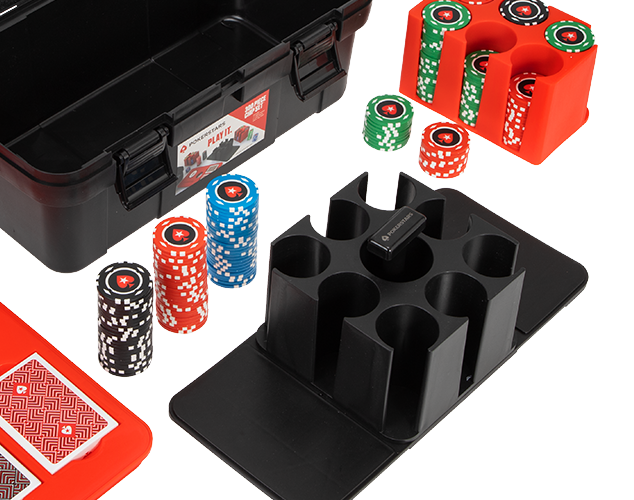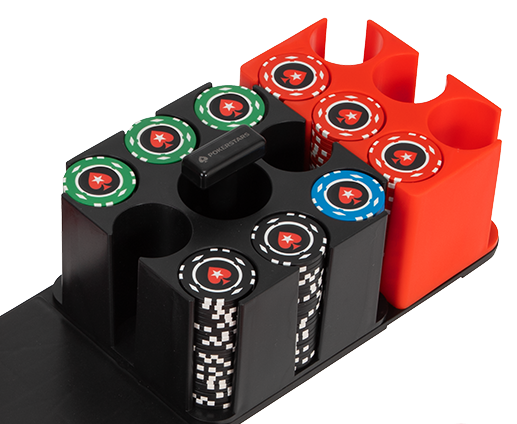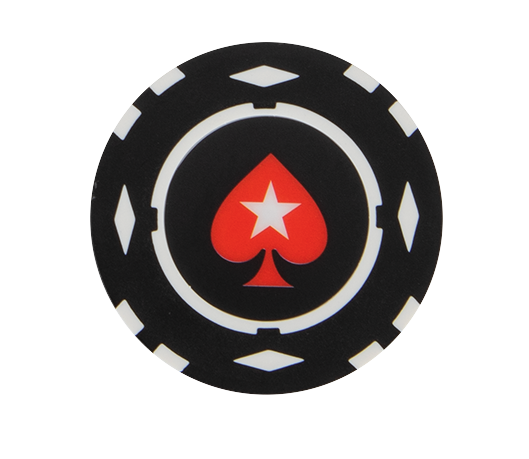One of the great attractions of poker is the unique and often colorful vocabulary used to describe how the game is played, with poker hand nicknames just one example.
A lot of poker slang has found its way into non-poker contexts. We’re constantly hearing about stacked decks, aces up people’s sleeves, stakes being raised, and folks going all in, with none of it having anything specific to do with poker.
More specific to our favorite card game, however, are the many nicknames assigned to individual poker hands.
Every poker hand played is different, and even those who have played the game for many decades can encounter situations they’ve never experienced before. That’s another mark in poker’s favor — the endless variety the game affords.
But there’s a lot of repetition in poker games, too, which is a very likely source of inspiration for all the different poker hand terms.
Think about it — it goes against human nature simply to keep referring to the best starting hand in Texas hold’em as a pair of aces. Thus appeared all those other ways of describing A-A. You probably know a lot of them — pocket rockets, bullets, American Airlines, snake eyes, and so on. There are tons of others like Alan Alda (after the M*A*S*H actor), the Eyes of Texas (after the song), and batteries (the AA size, natch), although those are fairly obscure.
Among hold’em starting hands, ace-king is another popular one for nicknames, probably because like A-A it (1) has a high hand ranking and thus much desired and (2) therefore gets played a lot and (3) therefore gets featured in lots of hand histories. Of all of the names, Big Slick is the most often used for A-K, with some poker historians pointing to the combination of big cards and the hand being somewhat slippery to play having helped inspire the moniker.
If you’ve been playing poker more than a few years you undoubtedly heard the hand called Anna Kournikova, a reference to the Russian tennis player and model whose brief career on the courts peaked around the year 2000. An accomplished player for a few years who once reached No. 8 in the world rankings, her reputation was such that she was better known for her looks than her results. The coincidence of her initials and the idea that ace-king is a good-looking hand in poker that often loses lead to the nickname’s creation.
Another name for A-K — Walking Back to Houston — also requires some explanation. As Texas native and Poker Hall of Famer T.J. Cloutier has explained, poker players from Houston would come to Dallas and overplay ace-king and lose, thus forcing them to walk back home. A popular Dean Martin song from the 1960s called “Houston” also includes lyrics about a sorrowful walk home in the rain, providing another element to the term’s backstory.
Of course, there’s another reason for all of these funny poker names for hands. Just as players try to switch up their playing styles to elicit more favorable responses from opponents, we also sometimes change the way we talk about hands in order to make our stories more successful.
When telling a story about a hand you played with 10-2, it adds a bit of flavor to refer to it as “the Brunson” thanks to Doyle Brunson having won the WSOP Main Event two years in a row with that same hand. Same goes for calling K-K cowboys, Q-Q a pair of ladies, 8-8 snowmen, 2-2 ducks, or Q-7 the computer hand (a reference to it having rated break-even in early computer simulations).
If you look online at a list of poker hands with all of the different hand nicknames, the great majority of those poker terms and phrases are usually pretty archaic. That is to say, they might have been used once upon a time, but now mostly are known primarily because of those lists.
For example, there aren’t too many poker players these days referring to 10-4 as the “Broderick Crawford,” an allusion to the TV show Highway Patrol on which Crawford starred as police chief Dan Matthews. For those who don’t remember, “10-4” was one of many codes used over CB radios, in this case to mean “okay” or “affirmative,” and Crawford said it a lot on the show. That show went off the air in 1959, and the poker nickname it inspired probably didn’t last too far beyond a decade or two later, although it still comes up as a bit of fun trivia.
Similarly, 7-7 were once referred to as “Sunset Strip” thanks to another popular show, 77 Sunset Strip from the late ’50s and early ’60s. But again, those nicknames for a player’s hole cards have largely faded along with the pop culture touchstones that inspired them, much like 9-5 being called Dolly Parton after her song and film 9 to 5, J-5 evoking the Jackson 5, 5-5 bringing up Sammy Hagar’s song “I Can’t Drive 55,” 4-5 being called Colt .45 after the gun and/or beer, and so on.
Of course, probably the most famous of all poker nicknames dates back well before hold’em to the 19th century and refers back to poker’s most famous hand — the “dead man’s hand” of aces and eights James Butler “Wild Bill” Hickok was said to have held the day he was shot and killed while playing a poker game. That one is so famous the phrase actually rates an entry in the Merriam-Webster dictionary.
In any case, the long list of poker hand nicknames provides in its own way a kind of cryptic history of the game and its connection to various historical contexts. And just as new ways of playing poker will no doubt be invented going forward, so, too, will new nicknames for poker hands likely continue to arise.
Back to Top










